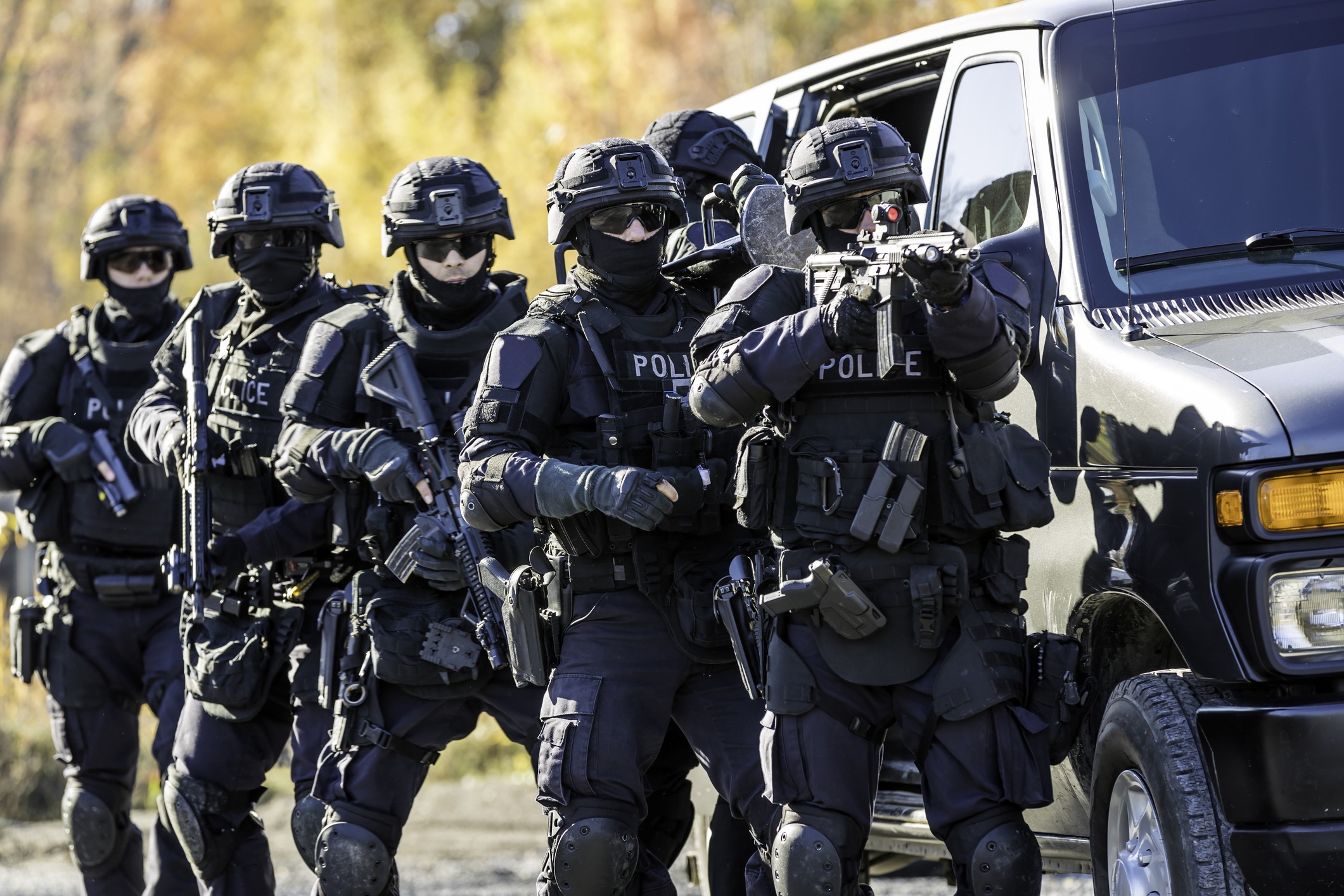
Once again, Minneapolis streets are filled with protesters over the killing of a Black man by police.
Less than two years ago, police practices there came under heavy attack after an officer killed George Floyd by pinning him to the asphalt with his knee. This time, the issue is the department’s extensive use of “no-knock” warrants of the type that resulted in the Feb. 2 shooting death of Amir Locke, an innocent 22-year-old Black man.
Police obtained the warrant to apprehend Locke’s 17-year-old cousin, Mekhi Speed, who is accused of killing 38-year-old Otis Elder in January. Investigators tracked Speed and other suspects to a Minneapolis apartment and secured the no-knock warrant to enter it.
Locke was alone and sleeping under a blanket in the living room of the apartment, which was the home of a relative’s girlfriend, when a police SWAT team gained entry with a key. After stepping through the doorway, the police loudly announced themselves and Locke stirred. Police saw that he had a gun, opened fire, and killed him.
Not only was Locke not the person police sought. He was a legal gun owner.
What Are No-Knock Warrants?
As their name implies, no-knock warrants give police the authority to forcibly enter a building or room without knocking and announcing their presence. Frequently, they use a battering ram.
Ordinarily, police must knock and announce their presence when they execute search warrants. However, judges issue no-knock warrants when police believe that announcing their presence after knocking would result in the destruction of objects they’re looking for.
A second argument used by supporters of no-knock warrants is that they reduce the risks to the police and others. A sudden entrance provides officer safety through the element of surprise over a suspect on the other side of the door who has time to arm themselves — or so the argument goes.
Critics, however, say that no-knock warrants frequently create more dangerous situations. That’s obviously what happened in Minneapolis. It also happened two years ago when the Louisville Metro Police Department secured a no-knock warrant that resulted in the slaying of an innocent woman, Breonna Taylor. That incident resulted in a public outcry against no-knock entries, and the Louisville Metro Council responded by banning the practice.
Minneapolis Cops Sought to ‘Protect the Public’
On Feb. 10, unsealed court documents in Minneapolis revealed that police investigators said they needed the stealthier entry to “protect the public and searchers.” Police said they recovered a .223 caliber spent cartridge, a round that is capable of penetrating police body armor, at the original murder scene where Elder died.
On that basis, Judge Peter Cahill granted the no-knock warrant — which, as recent disclosures reveal, is a frequent practice in Minneapolis.
In the wake of the George Floyd killing in May 2020, Minneapolis instituted police reforms that supposedly restricted the use of no-knock warrants. But unlike Louisville and other cities that have banned no-knock entries, including Memphis and San Antonio, its use has not declined in Minneapolis. A Minneapolis Star Tribune investigation found that police average 139 no-knock entries annually, and as of Feb. 5, they were on track to match that pace for 2022.
On Feb. 5, Minneapolis Mayor Jacob Frey ordered a moratorium on the use of no-knock warrants pending a review of the department’s policy by two national experts who helped to shape Breonna’s Law in Louisville.
A Growing Backlash Against No-Knock Warrants
Around the country, there’s been a backlash against no-knock warrants as evidence has emerged about how these raids sometimes play out. In 2017, the New York Times reported that between 2010 and 2016, a total of 81 civilians and 13 police officers died in such raids. The Times also found that the officer fatality rate in no-knock raids is twice as high as in standard searches, although one can argue that the situations calling for no-knock warrants are inherently more dangerous.
While some cities ban them, only three states — Florida, Oregon, and Virginia — ban no-knock raids. At least 34 states restrict them in various ways, and 13 explicitly allow them.
On the federal level, meanwhile, there is a growing movement to restrict no-knock warrants. Last September, the Justice Department issued a department-wide policy that places greater limits on the circumstances under which agents can use no-knock entries.
In the wake of the Locke shooting, the Biden administration recently announced it is considering expanding the Justice Department restrictions to other agencies, such as the Department of Homeland Security.
The legal landscape around no-knock warrants may be changing, but that doesn’t mean that criminal charges stemming from most police raids are any less serious. If you are in that situation, an experienced criminal defense attorney may be able to help.
